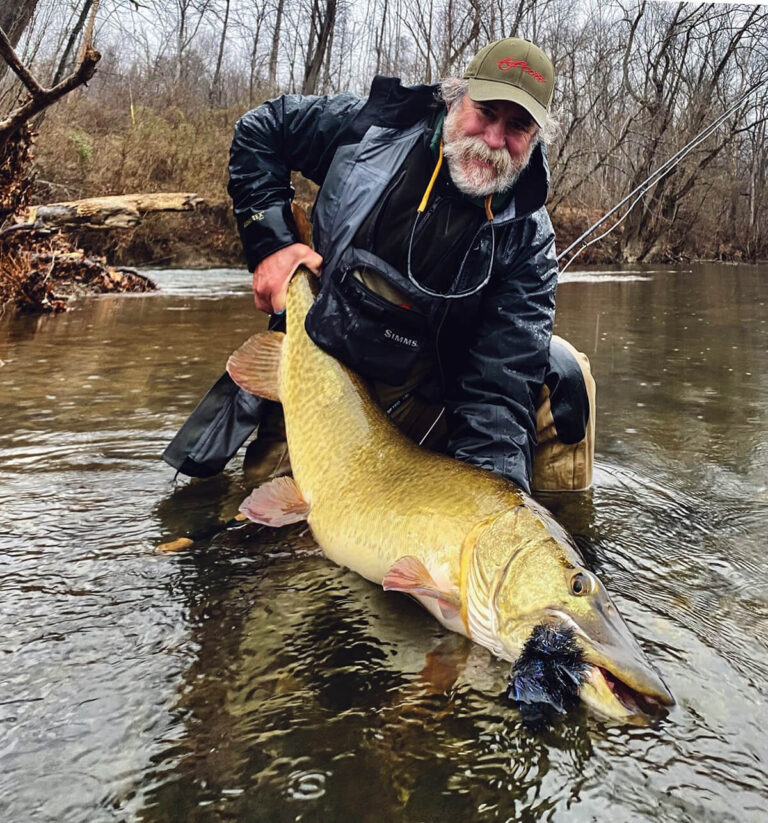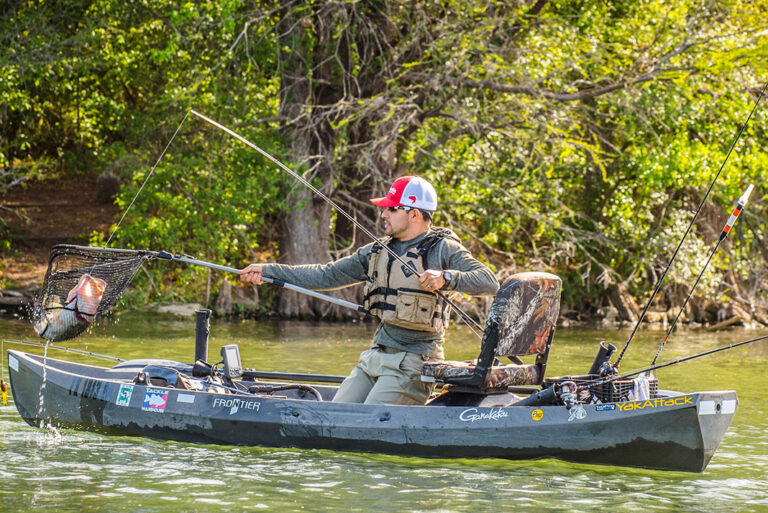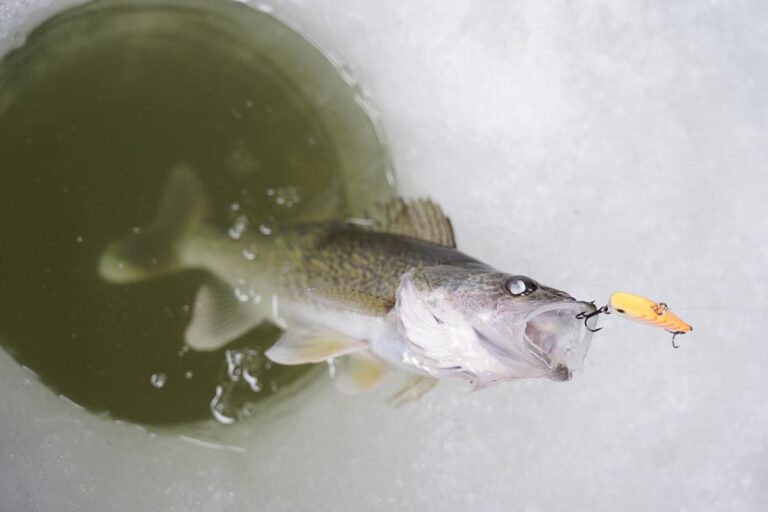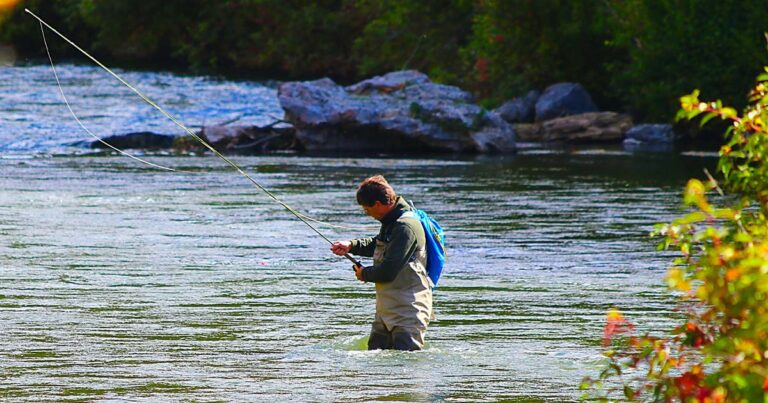Safety precautions for river fishing trips include wearing a life jacket, avoiding alcohol, checking the weather forecast, and being familiar with local regulations and guidelines. When planning a river fishing trip, it’s essential to prioritize safety to ensure a successful and enjoyable experience.
There’s nothing quite like casting a line in a serene river, but it can quickly turn dangerous if proper precautions aren’t taken. From wearing a life jacket to avoiding alcohol, there are several safety measures that any angler should consider before setting out.
By following these guidelines, you can minimize the risk of accidents and ensure that your day on the water is a safe and memorable one. In this article, we’ll discuss some of the most critical safety precautions to take when planning a river fishing trip.
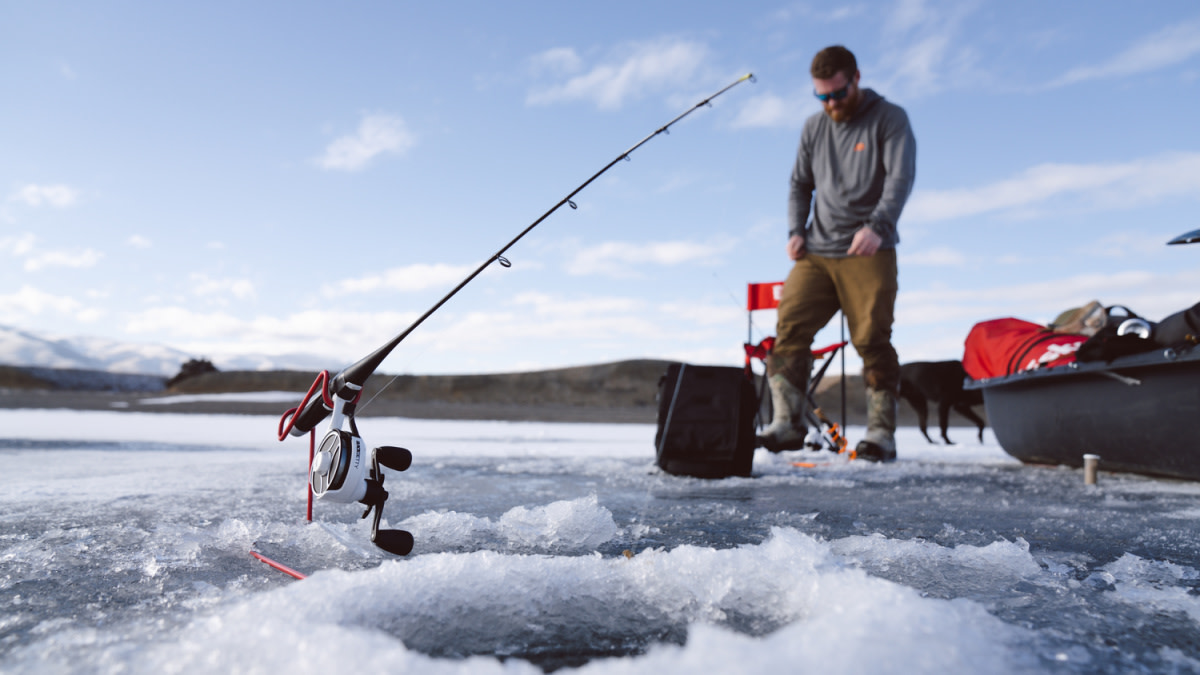
Credit: www.themeateater.com
Essential Safety Measures To Take Before Heading Out
Before you embark on a river fishing trip, safety must be a primary concern. Taking precautionary measures can ensure that your trip is not only enjoyable but also safe. Here are some essential safety measures to take before heading out:
Check Weather And Water Conditions
Checking the weather forecast and water conditions is crucial to ensure your safety while fishing in a river. Here are some points to consider:
- Check the weather forecast: Before heading out, check the weather forecast and avoid fishing during thunderstorms or extreme weather conditions.
- Analyze the water flow: Always analyze the water flow, especially if you are fishing in a river with rapids or swift currents. High water flow can be dangerous, so avoid fishing during these times.
- Be aware of water temperature: Depending on the season, water temperature can be dangerous, especially for those who do not swim well. Always wear appropriate clothing and gear to protect yourself in case of an accidental fall.
Inform Someone Of Your Fishing Plan And Expected Return Time
Make sure to inform a family member or friend of your fishing plans and expected return time. Here are some other key points to consider:
- Provide details of your fishing plan: Let someone know where you are fishing and what equipment you are taking with you.
- Give your expected return time: Inform a family member or friend when you expect to return from your fishing trip to enable quick action if something goes wrong.
Identify Potential Risks And Take Necessary Precautions
Various potential risks come with river fishing. Identifying these risks is a primary step in ensuring your safety. Here are some potential risks to consider:
- Check for slippery rocks: Slippery rocks are a common hazard when fishing in a river. Always be aware of your footing and wear appropriate footwear for grip.
- Watch out for wildlife: Whether it’s snakes, alligators, or bears, always be mindful of the wildlife in the area.
- Be cautious of fast currents: Fast currents can quickly become dangerous. Always be aware of your surroundings and know your swimming ability before entering the water.
Pack Proper Safety Gear And Emergency Supplies
Carrying proper safety gear and emergency supplies is essential for any river fishing trip. Here are some things to include:
- Life jacket: A life jacket could be a lifesaver. It’s recommended to wear one if you’re fishing in deep water or swift currents.
- First aid kit: Always bring a first aid kit with you, including bandages, antiseptic, and other essentials.
- Safety whistle: Whistles are great for alerting someone if you’re in danger and need help.
Know The Location Of The Nearest Emergency Services
Knowing the location of the nearest emergency services is crucial in case something goes wrong. Research the nearest hospital, police, and fire station and have their contact information on hand.
Safety should be the top priority when it comes to river fishing trips. Checking weather and water conditions, informing someone of your fishing plan and expected return time, identifying potential risks, packing proper safety gear and emergency supplies, and knowing the location of the nearest emergency services are all essential steps in ensuring a safe and enjoyable river fishing trip.
Safety On The River: Tips And Techniques
When it comes to river fishing, safety should always be your top priority. Fishing enthusiasts often put themselves in dangerous situations, unaware of the risks associated with it. Whether you’re a seasoned angler or just starting, keep in mind these tips and techniques for staying safe on the river.
Always Wear A Personal Flotation Device (Pfd)
Wearing a pfd is a crucial precaution when you’re on the river. Here are some key points to remember:
- The pfd must be a good fit and provide enough buoyancy to keep you afloat.
- It should be worn at all times, regardless of your swimming ability.
- Make sure to check the condition and proper functioning of the pfd before heading out onto the river.
Never Fish Alone
It’s always wise to have a fishing buddy with you when you’re on the river. Here are a few key points to remember:
- Always tell someone where you’re going and when you plan to return.
- It’s better to have a buddy who can help in case of emergency or injury.
- Your fishing buddy may also help you spot potential safety hazards you might have missed.
Avoid Fishing In Unfamiliar Or Hazardous Areas
Fishing in an unfamiliar or hazardous area can be dangerous and can lead to accidents. Here are some key points to remember when choosing a fishing spot:
- Avoid fishing in areas with strong currents or known rapids.
- Always take heed of warning signs in the area.
- Before you start fishing, take a moment to look around and identify any potential safety hazards.
Be Cautious When Wading Through The Water
Wading through the water has its own set of risks. Here are some key points to remember:
- Move and wade slowly to feel the bottom and avoid slipping.
- Be aware of unstable riverbanks or swift currents.
- Use a wading stick to maintain balance and stability.
Keep A Safe Distance From Lightning And Thunderstorms
River fishing during a thunderstorm can be dangerous. Here are some key points to remember when fishing during a storm:
- Keep an eye on the weather forecast before you head to the water.
- If you hear thunder, find shelter immediately.
- Avoid open areas and move away from high points, bodies of water, and metal objects.
Following these tips will help you stay safe while you enjoy your river fishing trip. Remember, safety should always come first, and it’s better to be safe than sorry.
Conclusion
River fishing can be an enjoyable and rewarding experience, but safety should always be the top priority. By following the safety precautions mentioned in this blog post, you can ensure a safe and enjoyable fishing trip. Always remember to wear a life jacket, check the weather forecast before leaving, bring appropriate gear, avoid dangerous spots, and inform someone of your plans.
As long as you follow these guidelines, you should be able to have a fantastic time without putting yourself or others in danger. So, grab your fishing rod, pack your gear, and head on out to the river for a fun and safe fishing adventure.
Happy fishing!

